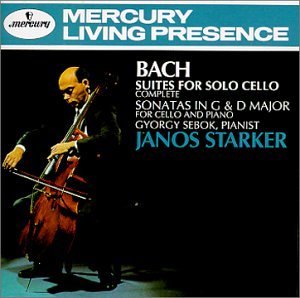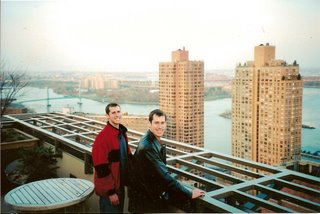I don't feel that I'm exaggerating when I say that these recent memories are some of the best from my years in this city in Texas.
- My last symphony concert in this city with Joe and Trevor. We had a quick dinner at Pei Wei before walking to downtown for a phenomenal performance of Pictures at an Exhibition.
- A trip to my old college stomping-grounds in Waco. Time with Steve & Laura, and their three winsome children Oak, Eleanor, and John. Visiting my old church, which though in a new building, feels very much like home.
- Coffee with old friend Jane and new friend James, who happen to be engaged (to each other).
- The parents of my good friend from college, Emily, treating me to dinner at a neighborhood Thai restaurant. Waterfall beef!
- Mom and Shelley, Roman and Isabella helping me pack! What a boost in morale!
- A week of night shifts in the ER.
- Lunch with Scott and Michael at Cafe Brazil after my last Sunday at PCPC. Studying all afternoon with Scott--law & medicine at the kitchen table!
- Dinner with Taylor and Jenny, two of my favorite wine-drinking companions!
- Dinner with Adam and Ashley at Cafe Brazil the night before our respective USMLE exams. Two of my most committed prospective vistors!
- The board exams, a two-day affair with graduation in between, for which my parents came in town. Getting to see Adam at nearly every break made the day go a lot faster.
- Spending time with my old roommates in Waco, David & Clint, and Clint's wife Kristin. Too many memories to recount.
- Sharing a couple meals with Reese & Jennifer, two incredibly encouraging people. And Madeline!
- Coffee with two dear professors. Saying goodbye to one for perhaps the last time. I can still vividly see her smiling at me through the car window as they drove away.
- Indroducing Jessica to Dr J, one of my favorite college professors. A medievalist, linguist, and distinguished professsor of literature and religion. In short, a modern C.S. Lewis.
- Coffee with Bonnie and Scott outdoors on one hot Texas afternoon.
- Dinner with Clay and Lori. I've eaten at more Mexican places with these people! (Of course, this time was Salvadorian...)
- Breakfast with Dawn at Breadwinner's
- My final day...using coupons to get drapes for my new apartment from Bed, Bath, & Beyond. David, Clay, Jessica, Laura, Mom, Shelley, Roman, and Bella all helped me pack. Charity came over in the evening to see me off.
- My last meal in this city...grilled chicken on focaccia with peppers and onions with Nathan and Katy. Seeing their two daughters Emma and Margaret.
- Mom and I pulled out of town Wednesday morning!









